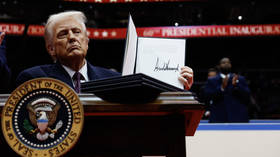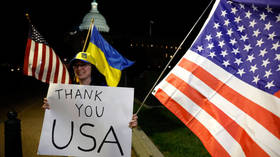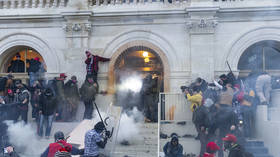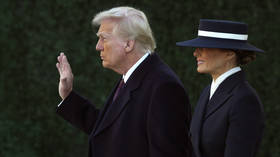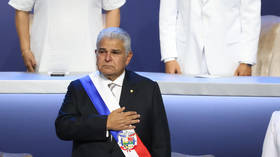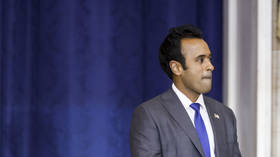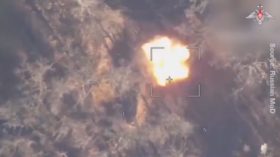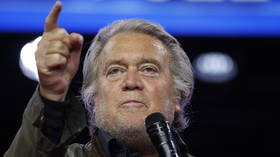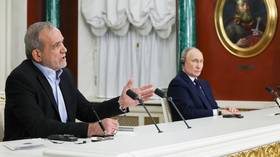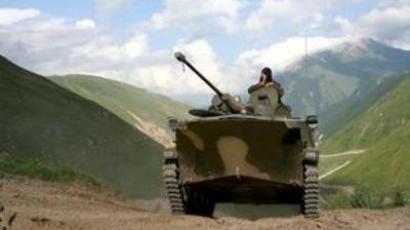Moscow to demand scale back of NATO forces
Moscow has presented a plan which would limit NATO's military presence in its youngest member states, in an effort to prevent the Alliance from placing major forces close to Russia’s borders.
The move comes ahead of a summit in Lisbon, which will focus on the creation of a single missile defense system covering the whole of NATO, and also Afghan security.
For more read Europe’s security architecture needs "a Russian support column"
Russia's proposal is likely to come up at the meeting in mid-November, and perhaps earlier, when the Alliance's Secretary General visits Moscow.
The Russian Foreign Ministry is keen to stop NATO pushing any further to the East.
The chances that the new demands from Moscow will be fulfilled are quite high, according to Yury Rogulev, Director of the Franklin Roosevelt Foundation for United States Studies at Moscow State University.
The first real step to reset Russia-NATO relations will be limiting the number of the Alliance’s troops along Russia’s borders which is being perceived by Moscow now as a potential threat, Rogulev pointed out.
NATO has already violated its promise of non-expansion made to the President of the Soviet Union back in 1990, because the agreement was not made formal. Today the lack of trust is clearly visible on both sides.
Still, NATO does depend on Russia for help to supply the Alliance’s troops in Afghanistan. Also, hypothetically, it wants Russia’s participation in the anti-missile defense project, believes Rogulev.
Fyodor Lukyanov, editor-in-chief of the Russia in Global Affairs magazine, says sooner or later trust between Russia and NATO will be restored.
“It is very difficult to overcome stereotypes, but the reality of the 21st century is so much different from the Cold War time that all suspiciousness inherited from the past is completely irrelevant today,” Lukyanov said. “We need to see the new agenda and new challenges.”
Lukyanov added that the less clarity there is inside NATO, the more desire it has to cooperate with Russia.
“The less money [there is] in NATO member states, the more willingness [it has] to attract new partners because Russia in military terms is still quite a powerful country,” he said. “I think that NATO will inevitably change its attitude and its mission because not only European countries but also the US will need to cut their enormous military budgets, and NATO has significant problems with finding a new mission and the strategic concept which should be adopted next month in Lisbon. It looks like there’s still no concept, no clear idea about priorities.”
Political analyst Mikhail Troitsky believes that Russia is looking forward to the forthcoming summit as it also hopes to see some new positive signs in the NATO new strategic concept.
“A positive sign could be that NATO actually veers away from the collective defense mission, or from stipulating that collective defense is at the core of their alliance, as there exists only one supposed threat that you could defend against collectively in the traditional sense – and that is Russia,” he said. “So that could be a very good sign, stressing common missions instead of stressing collective defense.”
Meanwhile, Dr. Adrian Pabst, a professor of politics at the University of Kent, said he would be very surprised if NATO gave any formal commitment to reducing its troops close to the Russian border.
“It seems more of a negotiation tactic, I think, ahead of the summit – try and make clear that this is a new phase of engagement that we are now talking between partners,” he said.



